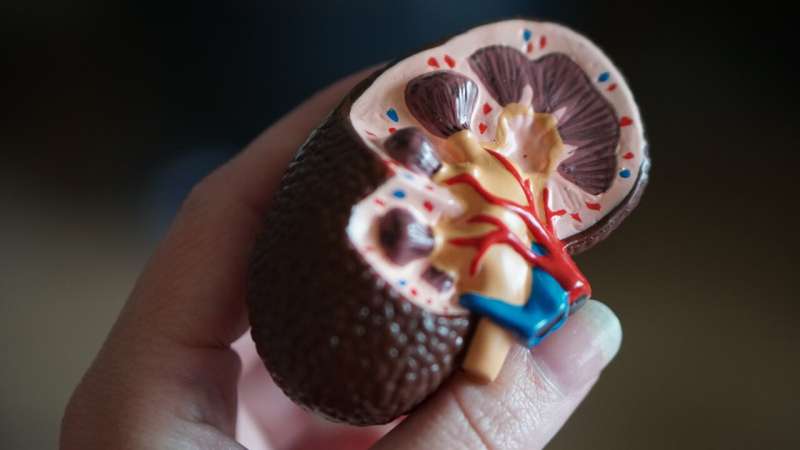Metabolic Insights from Kidney 'Immune Hubs' Open New Therapeutic Avenues

New research reveals how metabolic regulation within kidney immune hubs, called TLSs, offers promising therapeutic and diagnostic opportunities for kidney diseases by focusing on glutathione dynamics and immune cell interactions.
Researchers from Kyoto University have uncovered that specialized immune cell clusters in the kidney, known as tertiary lymphoid structures (TLSs), create a unique metabolic environment that could be targeted for innovative treatments of kidney diseases. These immune hubs operate under high oxidative stress yet compensate by accumulating glutathione, a vital antioxidant, to maintain balance. The study revealed that supportive cells within TLSs produce and supply glutathione, which is crucial for sustaining immune activity. Disrupting this process can prevent the formation of new TLSs or cause existing ones to shrink.
The team used advanced imaging mass spectrometry and metabolomics to analyze these structures in both mouse models and human samples. They found that the presence and activity of TLSs correlate with increased urinary glutathione levels, suggesting a simple, non-invasive method for monitoring kidney immune activity. Reduced TLSs following treatment were also reflected by decreased urinary glutathione, pointing to its potential as a biomarker for disease progression.
This research highlights that glutathione synthesis, supported by cells like dendritic cells and fibroblasts, is essential for TLS maintenance. Targeting this pathway presents a promising therapeutic strategy—what the researchers term "metabolic intervention-based immune regulation"—which could lead to safer, more specific treatments than current broad-spectrum immunosuppressants.
The findings, published in the Journal of the American Society of Nephrology, open new possibilities for diagnosis and therapy, not only for kidney diseases such as IgA nephropathy but also potentially for autoimmune conditions and cancer. Moving forward, scientists aim to map these metabolic changes in greater detail to identify further therapeutic targets, ultimately improving outcomes for millions affected by kidney disorders worldwide.
This discovery underscores the importance of immunometabolism in understanding and treating complex immune-related diseases, marking a significant step toward personalized and targeted medical interventions.
Stay Updated with Mia's Feed
Get the latest health & wellness insights delivered straight to your inbox.
Related Articles
Emerging Insights into Aortic Dissection: The Role of Endothelial Dysfunction and Immune Cell Infiltration
Recent studies identify endothelial dysfunction and immune cell infiltration as key factors in aortic dissection development, offering new avenues for treatment research.
Essential Expert Tips for a Safe Trek to Everest Base Camp
Planning a trek to Everest Base Camp? Discover essential safety tips and health advice from experts to make your journey safe and unforgettable.
Implantable Cardioverter Defibrillators Show No Mortality Benefit in Certain Heart Attack Patients
New research at ESC 2025 suggests that implantable cardioverter defibrillators may not reduce mortality in certain post-heart attack patients with moderate LV dysfunction and arrhythmia risk markers.



